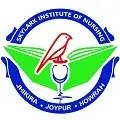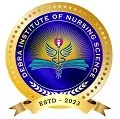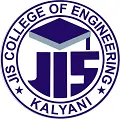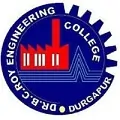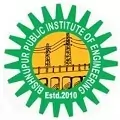Curriculum:
- The B.Tech in Electronics and Instrumentation Engineering curriculum covers essential subjects such as Electronic Devices and Circuits, Control Systems, Signal Processing, Sensors and Transducers, Microprocessors and Microcontrollers, Digital Electronics, Communication Systems, and Embedded Systems. This comprehensive curriculum provides students with a robust understanding of both electronics and instrumentation technologies, preparing them for diverse roles in industries that rely on automation and control systems.
Internship/Practical Training:
- Practical training is integral to the Applied Electronics and Instrumentation program. Students participate in internships, lab work, and field projects, gaining hands-on experience in designing, developing, and implementing electronic systems and instrumentation. Internships are typically undertaken in industries such as manufacturing, automation, research and development, and healthcare, where students apply theoretical knowledge to real-world challenges.
Job Prospects:
- Graduates in Applied Electronics and Instrumentation Engineering have excellent job prospects across sectors like manufacturing, automation, telecommunications, aerospace, defense, biomedical, and research organizations. The demand for skilled professionals who can design and maintain sophisticated electronic systems is continually growing, driven by advancements in technology and automation.
Salary Range:
- Entry-level salaries for Applied Electronics and Instrumentation Engineering graduates typically range from INR 3 lakh to 7 lakh per annum, depending on the role, organization, and location. Experienced professionals, especially in specialized fields or management roles, can earn significantly higher salaries.
Further Studies:
- After completing B.Tech in Applied Electronics and Instrumentation Engineering, graduates can pursue M.Tech in Instrumentation Engineering, M.Sc. in Electronics, or MBA in Technology Management. Additionally, certifications in specialized areas like Automation, Control Systems, or Embedded Systems further enhance career prospects and specialization opportunities.




